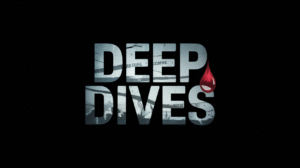
Human trafficking has become a major part of organized crime, creating serious dangers for global security, democracy, governance, and human rights. Most traffickers work within well-structured criminal networks, allowing them to exploit many victims for long durations and often with extreme violence.
Women and children suffer the worst abuses disproportionately. On the World Day against Trafficking in Persons on 30 July, the Inter-Agency Coordination Group against Trafficking in Persons, including UN Women, issued a joint statement highlighting the urgent need to fight these criminal networks behind human exploitation.
The Vicious Cycle of Human Trafficking and Organized Crime
The statement explains that human trafficking and organized crime strengthen each other, creating a vicious cycle. This cycle:
- Threatens security on global and national levels
- Weakens governments
- Undermines human rights
- Damages the rule of law
- Harms democracy
- Slows sustainable development around the world
Importance of Addressing Criminal Networks
Addressing these criminal networks is crucial to:
- Protect vulnerable populations
- Maintain fair societies
Stay tuned for Deep Dives for more latest updates.


